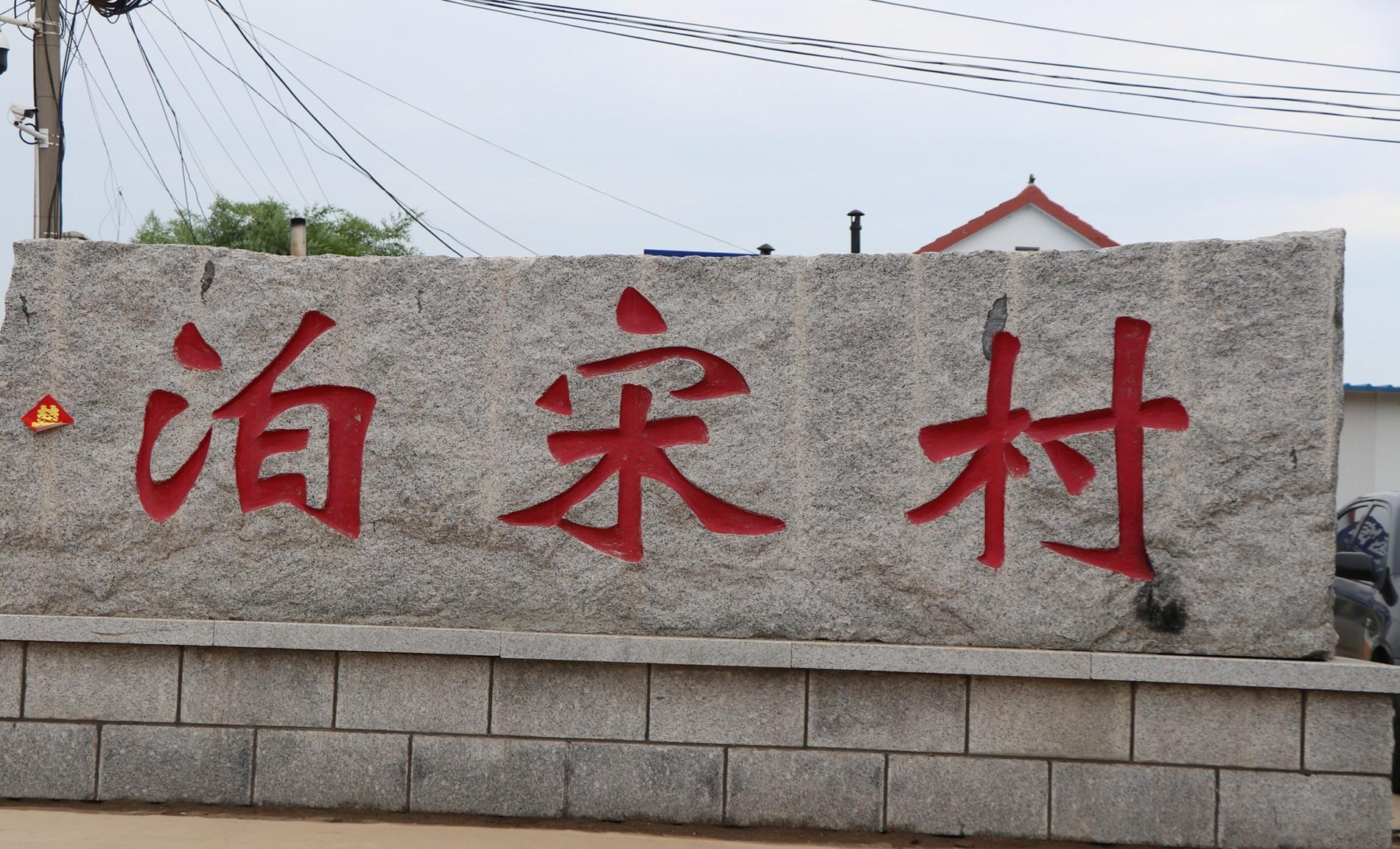In the territory of Nanwang Subdistrict on the southern outskirts of Penglai District in Yantai, there are three villages with the prefix "Bozi", namely Bozi Songjia, Bozi Wangjia and Bozi Shijia Village.
Because the name is a bit long, the locals usually use the first and third characters as abbreviations, such as Bozi Songjia Village, which is referred to as Bo Song for short.

The size of Po Song Village is not too large, more than a hundred households. But it is such a seemingly ordinary village, in history, in addition to a celebrity, he is the famous general Song Qing at the end of the Qing Dynasty.
The influence of a person, whether there is a biography in the canonical history is a measure. Among the Jiaodong people at the end of the Qing Dynasty, there were not many people in the "Draft History of the Qing Dynasty", and Penglai Songqing was one.
However, the "Qing History Draft" is wrong in the record of Song Qing's place of origin, Song Qing is a native of Songjia Village, Pozi, Penglai County, Dengzhou Prefecture, Shandong Province, and the "Qing History Draft" states: "Song Qing, zi Zhu San, a native of Laizhou, Shandong." Perhaps because the cultivators of this transmission were foreigners and did not know much about the jiaodong district, they mistakenly merged Penglai County, the capital of Dengzhou, into Laizhou.
Because of the high historical status of Song Qing, in the "Jiaodong Song Clan Lian Clan Genealogy" revised in the early years of the Republic of China, the Penglai Song surname is also introduced more completely, according to the genealogical records, Song Qing is undoubtedly a member of the Bozi Song family village.
However, the "Genealogy of the Jiaodong Song Clan" has associated the Penglai Song surname with Wendeng Song Xin (who moved from Jiangxi to Jiaodong at the end of the Yuan Dynasty, and many Jiaodong Song surnames were honored as ancestors), but the village name stone stele of Bozi Songjia Village still follows the folk saying "Yunnan".
Before the end of the Qing Dynasty, Bozi Songjia Village was not known for its meritorious name, and Song Qing's own origin was relatively poor. However, the times created heroes, during the Xianfeng Tongzhi period, Song Qing went to Anhui to serve in the army, and made military achievements in the battle neutrality with the Taiping Army and the Twist Army, and slowly rose from the Commandery of the Thousand Commandery and the General Army to the Admiralty, became a major member of the front, and gave the title of Yiyong Batulu, and his subordinate was called "Yi Army". In the sixth year of Guangxu, Song Qing led his troops to defend Lushun, stationed for more than ten years, the military appearance was prosperous, the imperial court was gracious, and he was given the titles of Prince Shaobao and Shang Shu.
Song Qingxing was born in the army, not good at writing and ink, but after practicing diligently, he was good at writing the word "篪", which outsiders called "a pen". During his garrison in Lushun, he once wrote down a "篪" character, which was carved into a stone stele and stood near Penglai Pavilion in his hometown. Now visit the Penglai Pavilion scenic spot, you can also see his ink treasure.
After becoming famous, according to the custom of the time, Song Qing built a mansion in the county town of Penglai County, and there were also buildings such as the archway ancestral hall, but unfortunately it no longer exists. The location is said to be near Penglai Beiguan, in the late Qing Dynasty and early Minchu, when it comes to the Song Palace in the city, Penglai can be described as unknown to everyone.
The Sino-Japanese War was a turning point in Song Qing's career, because of the unfavorable combat, he was punished, and the following years were basically spent in semi-retreat. In the twenty-eighth year of Guangxu (1902), Song Qing died, and at this time, the imperial court did not forget this military general who had contributed a lot, and promoted him to a third-class baron (inherited by his son), and gave him a shrine.
After Song Qing's death, the coffin returned to his original home for burial, but was not buried in the Song family village of Bozi, but in accordance with the habit of "choosing Ji Lang" of large families at that time, the tomb site was selected near Xingshan Village. Because Song Qing was an official to the title of Prince Shaobao and Shang Shu, the tomb specifications are quite high, according to the historical records of Penglai place names, the stone people and horses in front of the tomb are quite atmospheric.